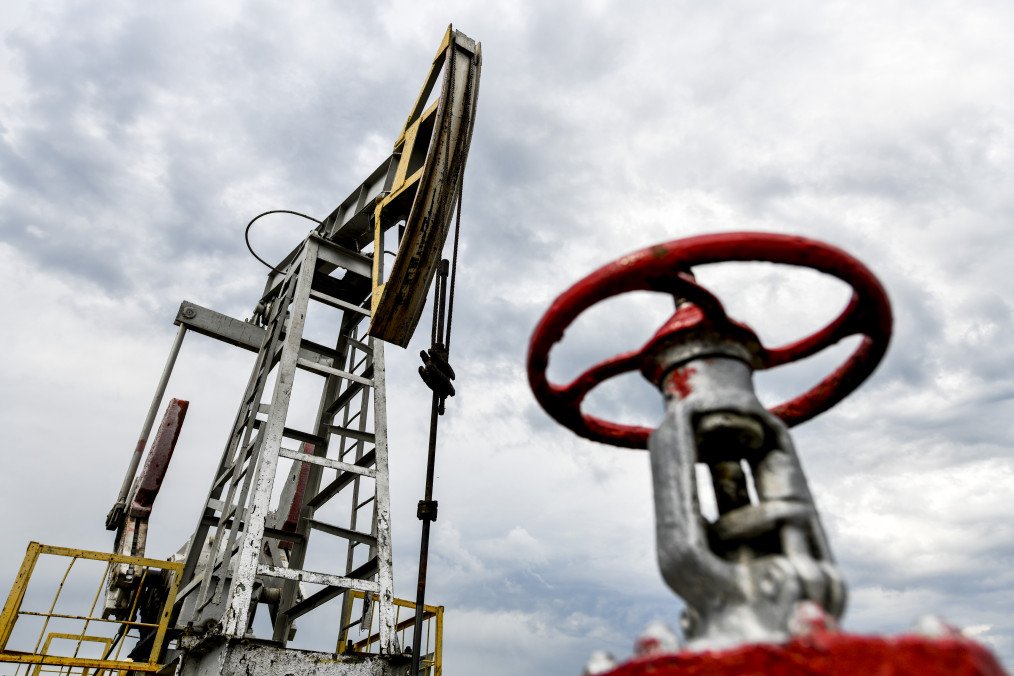The European Union will propose to G7 finance ministers this week to lower the current $60 per barrel price cap on Russian seaborne oil as part of a new sanctions package against Moscow, European Economic Commissioner Valdis Dombrovskis said, according to Reuters on May 19.
While Dombrovskis did not specify the target level, EU officials briefed on the discussions told Reuters that the proposal would reduce the cap to $50 per barrel.
When asked by reporters if he would make the proposal at the G7 finance ministers’ meeting in Canada this week, Dombrovskis replied, “Yes,” according to Reuters.
“This is something which we flagged from the Commission’s side in the context of the 18th sanctions package. I would expect some interest also from other G7 partners in this regard and some discussion,” he said.
-c7f4de3f1d4899670b715d362d6c0808.png)
The G7 countries—comprising the United States, Canada, Britain, France, Germany, Italy, and Japan—are joined by the European Commission and the chairman of euro zone finance ministers at these meetings.
The G7 price cap, agreed upon in December 2022, bans trade in Russian crude oil transported by tankers if sold above $60 per barrel and prohibits shipping, insurance, and re-insurance companies from handling Russian crude cargoes worldwide unless the sale price is below the cap.
The measure aims to reduce Russia’s revenues to limit funding for its invasion of Ukraine while preventing a sharp drop in global oil supply, Reuters said.
Russia has circumvented the G7 price cap using a shadow fleet of tankers without Western insurance, with Russian Urals crude often trading above the cap. However, oil prices fell below $60 in early April amid global economic concerns following US tariff announcements, Reuters added.
Previously, the European Parliament’s Committee on International Trade has approved a 50% increase in tariffs on certain Russian and Belarusian agricultural products that were previously exempt from other customs duties.





-c439b7bd9030ecf9d5a4287dc361ba31.jpg)

-111f0e5095e02c02446ffed57bfb0ab1.jpeg)
